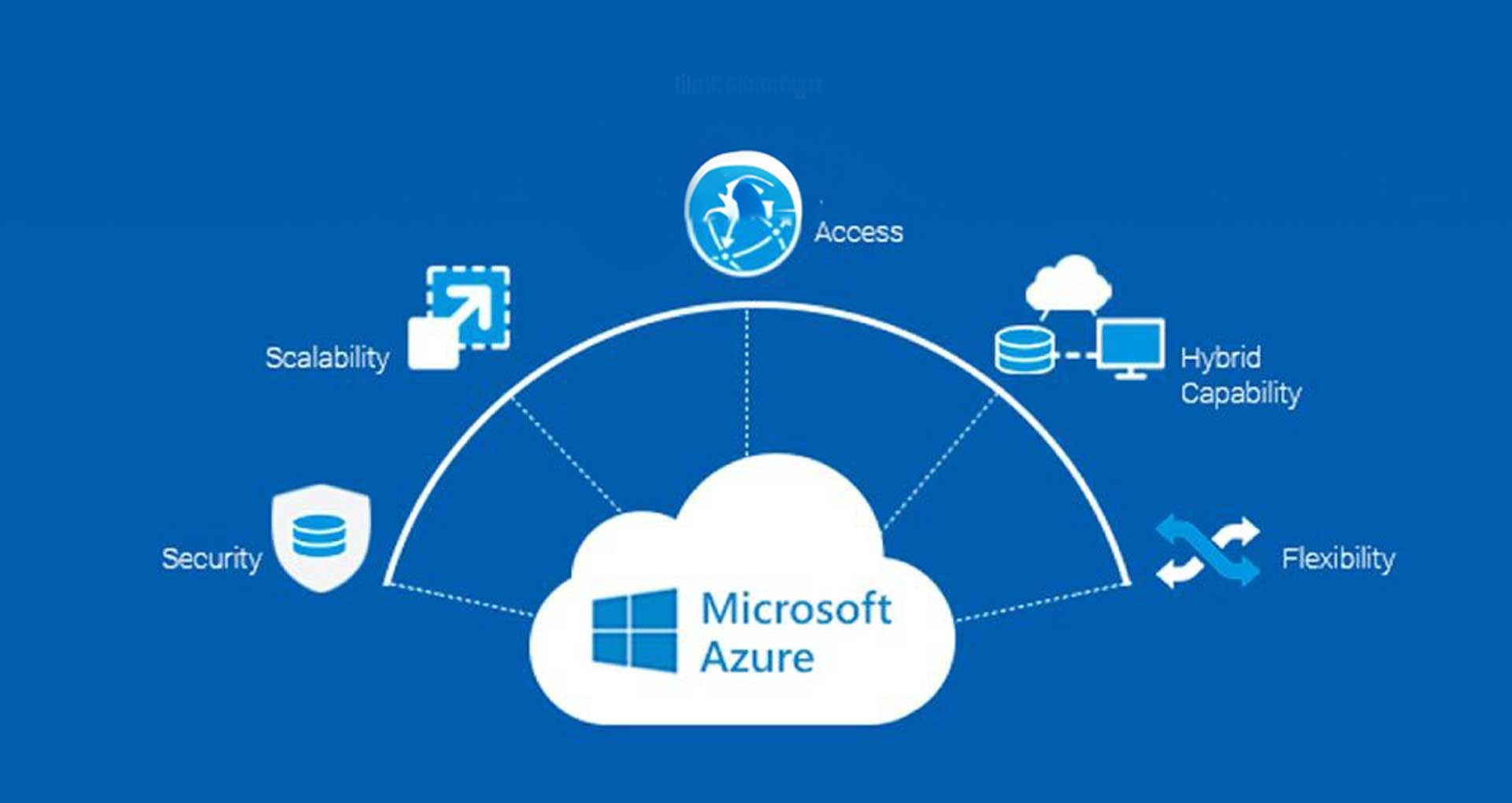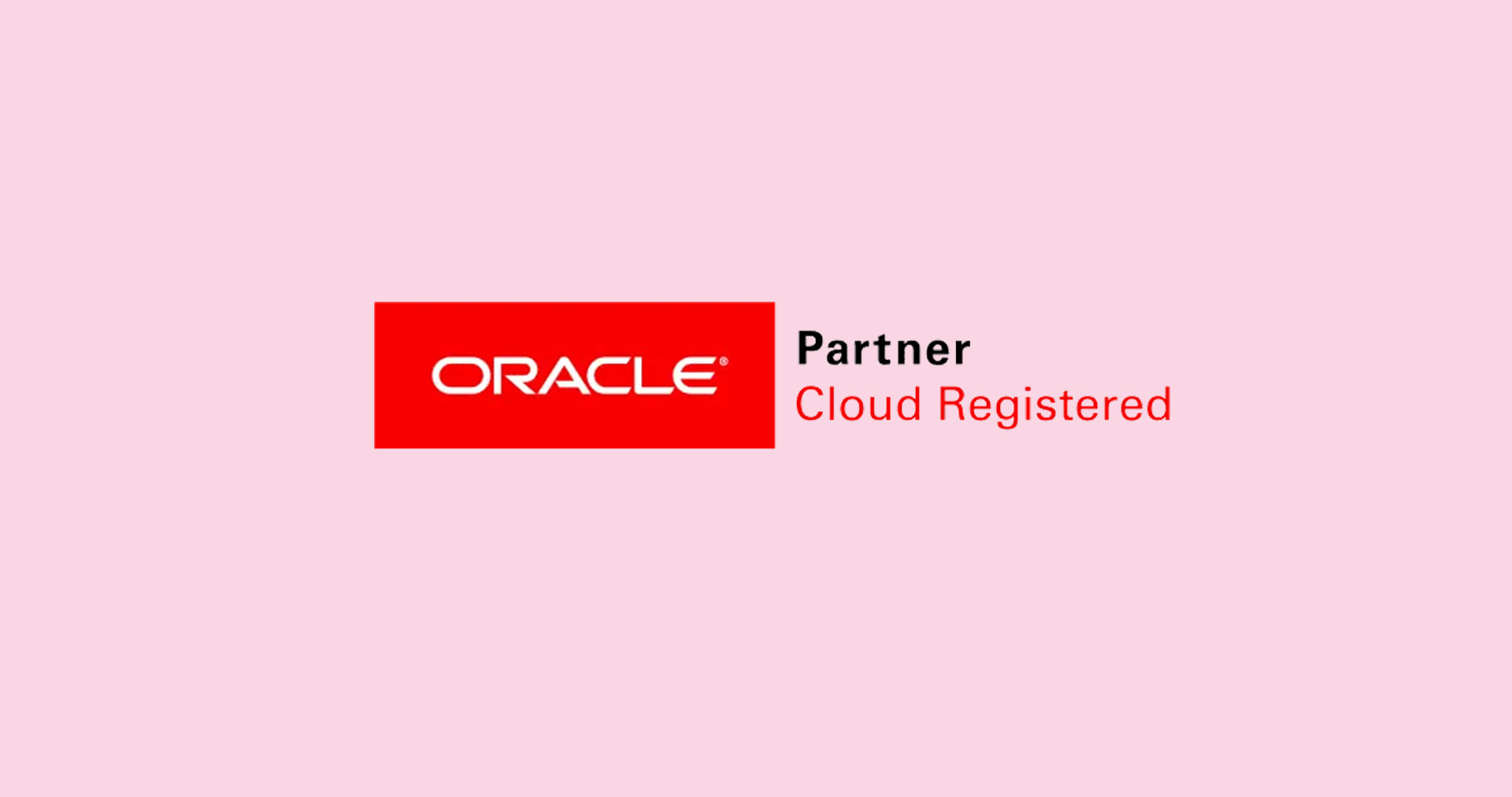With the ever-changing digital space, we are witnessing an uptake of cloud technology. And, depending on the size of your organization it is vital to choose the right platform & architecture that would drive growth.
As you start interacting with cloud providers you will encounter questions around – whether to go with Cloud Native or Cloud Agnostic architecture to build applications? Before making the decision, you need to understand both options well.
While there has been an ongoing debate about the relevance of cloud-agnostic vs. cloud-native for business, this article would help you understand the specifics of each.
Let’s dive in to answer what are the core characteristics of Cloud Native and Cloud Agnostic and what sets them apart.
| What is Cloud Agnostic | What is Cloud-Native | |
| Definition | It is referred to applications and workloads that can be moved seamlessly between cloud platforms—without being bound by operating dependencies. Cloud agnostic tools can work on any cloud platform. They work just as well on AWS as Microsoft Azure, which means easy service portability without interruptions. Irrespective of the movement you get the same results because the tools do not rely on the underlying features of a specific platform. It offers companies opportunities for scalability and flexibility, along with customization options to meet specific business requirements. |
As the name suggests it helps to build and run applications by taking advantage of services and components tied to the Cloud Service Provider (CSP) itself. For ex – using CloudWatch for monitoring services with AWS, Azure Monitoring services for Azure & more. Cloud-native development can work with both public and private clouds. And, it offers the development team access to advanced computing power along with application services and modern data. Further, it helps integrate DevOps & other cloud components like microservices and containers easily. |
| Pros |
|
|
| Cons |
|
|
When enterprises proceed with their cloud strategy, some stakeholders are not able to differentiate between cloud-native and cloud-agnostic architectures. Here are some considerations while choosing either of the services.
Cloud-Agnostic Architecture
Agnostic Design
A company that wants to go cloud-agnostic would want to tap in on the benefits of this architecture. For instance – if monitoring services are implemented with Prometheus, the move from Azure to AWS is much easier since it uses the same workload provisioning script.
Ideal for Multi-Cloud Strategy
Saving time and cutting costs during rework activities is a major concern for every cloud provider. Uniformity in services and component choices across multi-cloud application deployment can be very helpful. Being cloud-agnostic is beneficial in such situations since it reuses the solution design for multi-cloud environments.
OpenSource Integration
Being cloud-agnostic means having access to multiple technologies that expand your tech stack and allows you to change your strategy according to your needs. This is very beneficial since companies often look for ways to innovate and speed and scale.
Cloud-Native Architecture
Design Agility
The options for enhancements can help both design and architecture since it does not rely on third-party services. Being well-integrated with native services gives it the flexibility to merge with other services.
Lightweight Services
The combination of services in a cloud -native architecture complies with communication service providers (CSP). This ensures a lightweight architecture and easy configuration with a steady pattern of setup mechanisms even when template solutions like CloudFormation or ARM (Azure Resource Manager) are used.
Easy Integration
Depending on the CSP’s maturity, native services can easily interact & integrate with each other as there is no third-party service dependency and adherence required with in-built native security.
Give Your Business an Edge
To conclude, the comparison of cloud-agnostic vs. cloud-native doesn’t always require choosing one over the other.
Cloud-native solutions are architected for specific platforms like AWS, Microsoft Azure & Google Cloud Platform (GCP). Cloud agnostic solutions, however, do not rely on a particular platform and can be moved between platforms to meet changing needs. This gives organizations the flexibility they need as they scale.
Before deciding between the two, organizations must plan a roadmap for cloud adoption and understand their long-term goal for it. From the above, it is evident that companies can devise success in a combined environment as they balance out each other’s limitations. However, the update to both represents a significant culture and systemic risk for businesses.
Whether you are at the early stages of your business or looking to enhance your current solutions, you need to select a partner who can help assess your current needs and challenges that can have a huge impact on your overall success.
Working with an expert cloud app development company like Rishabh Software can enable you to develop customized programs to seamlessly maximize efficiency across the board. We can address your specific questions and provide insights into the unique needs of your business.











 30 Min
30 Min


